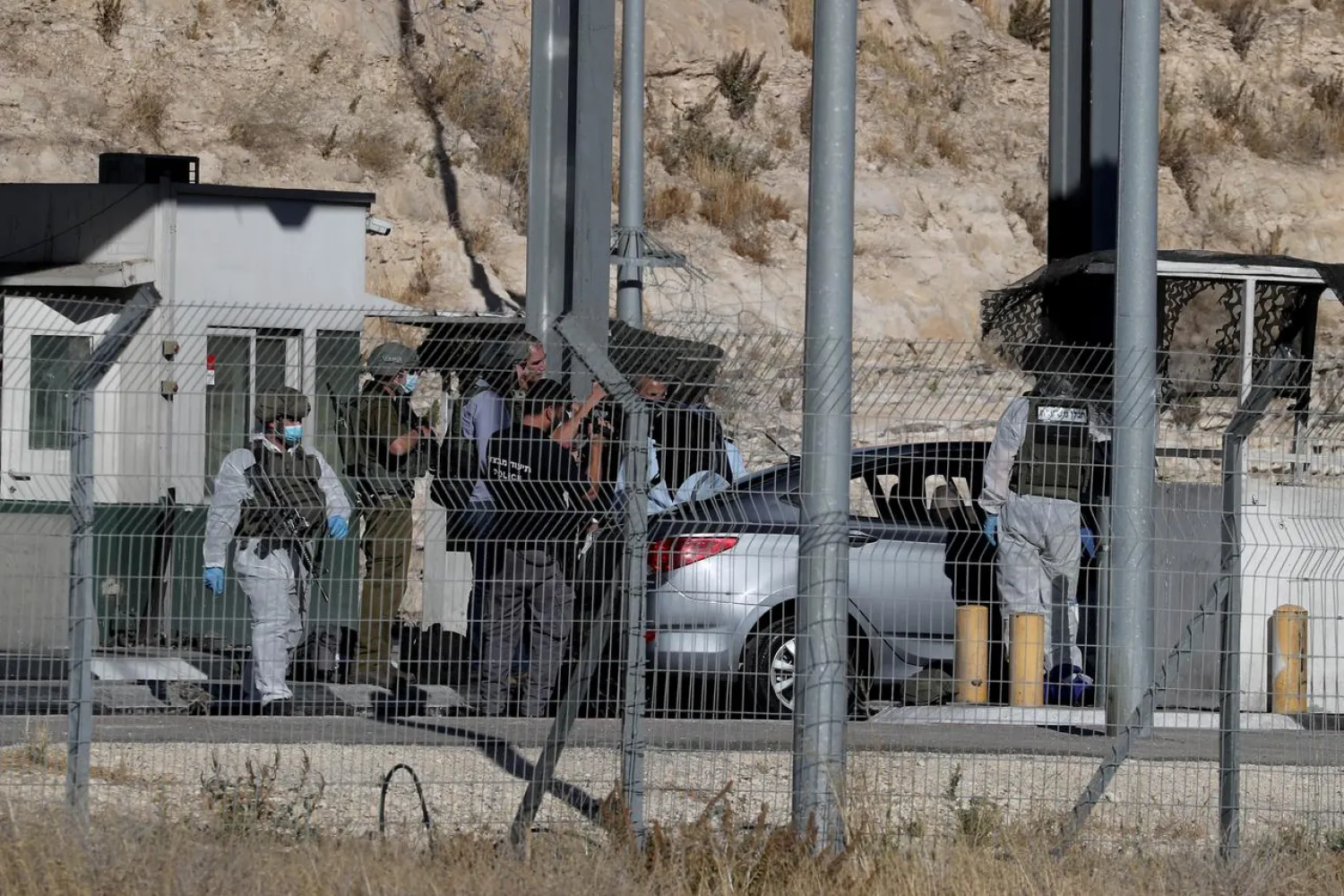Secretary General of the Palestine Liberation Organization's (PLO) executive committee Saeb Erekat said the US has notified the other parties of the Quartet that the ‘Deal of the Century’ will be the foundation for any peace talks.
The US intends to say that now is the time to normalize ties between Arab states and Israel, and in case Palestine wishes to join the negotiations then that would be based on the vision of US President Donald Trump and Israeli Prime Minister Benjamin Netanyahu, Erekat added.
President Mahmoud Abbas said that the Palestinians were ready to go to negotiations mediated by the Quartet and with the participation of other countries, on the basis of the Arab Peace Initiative.
"We are ready to have our state with a limited number of weapons and a powerful police force to uphold law and order," the PA wrote in the letter sent to the Quartet - the United Nations, the US, European Union, and Russia.
It added that it would accept an international force such as NATO, mandated by the UN, to monitor compliance with any eventual peace treaty. The letter proposes "minor border changes that will have been mutually agreed, based on the borders of June 4, 1967."
Arab and European countries in addition to France Russia, China, and the UN have been working on bringing both parties back to negotiations, knowing that the Palestinians have one condition i.e. to suspend the annexation and to consider the Arab Peace Initiative a basis for any talks.
In a press conference, Erekat said that there is an agreement between Arab and non-Arab states that any upcoming talks would have the purpose of establishing a Palestinian state on the borders of 1967 and the Arab League resolutions.
Further, he commended the standpoint of Bahrain's King Hamad bin Isa Al-Khalifa and his commitment to the Arab Peace Initiative.
During his meeting with US Secretary of State Mike Pompeo, King Hamad “stressed the importance of intensifying efforts to end the Palestinian-Israeli conflict.”
He said that includes a two-state solution for an independent Palestinian state with east Jerusalem as its capital.









